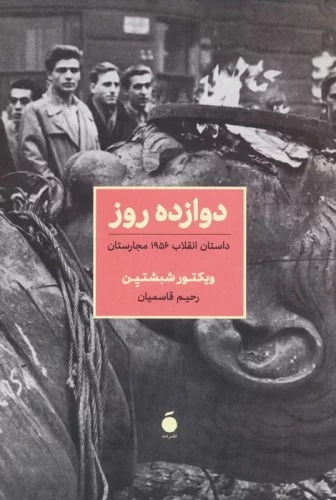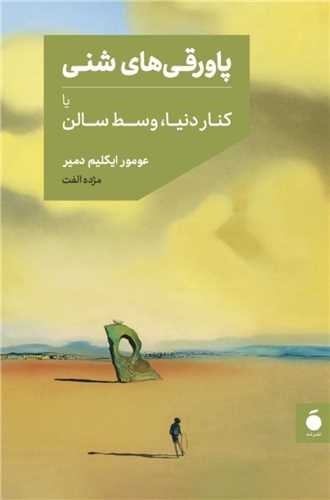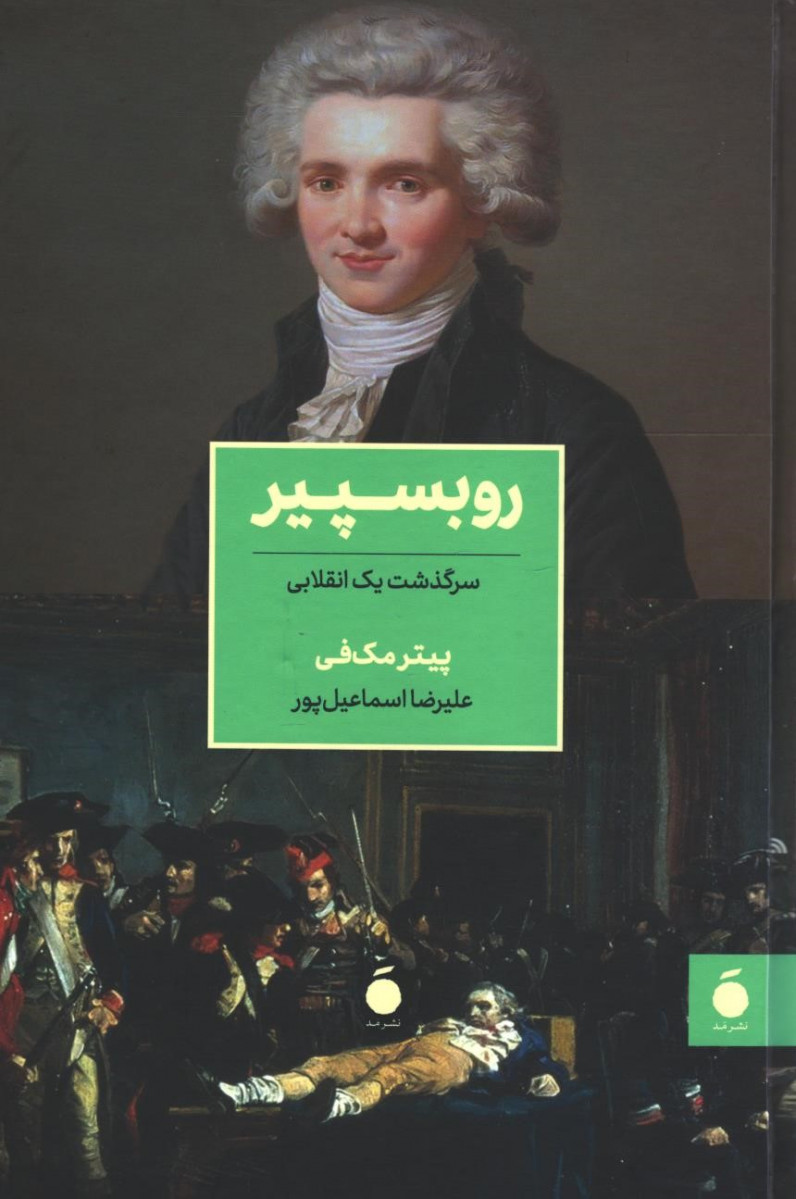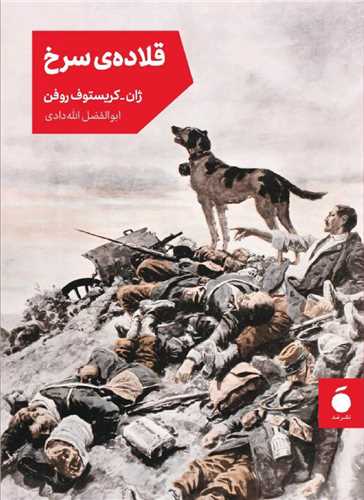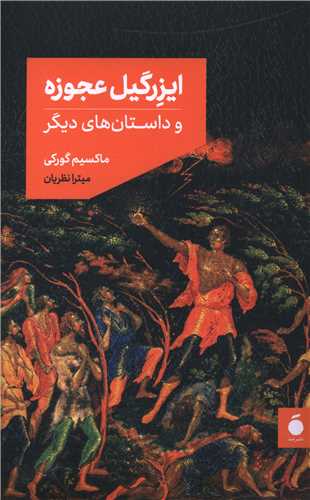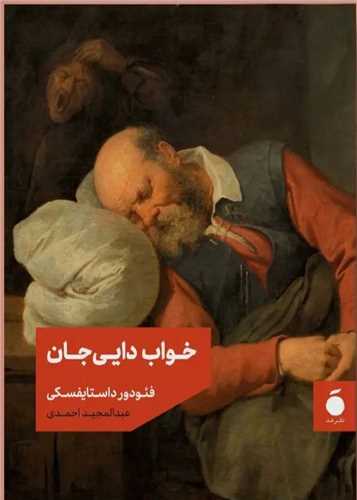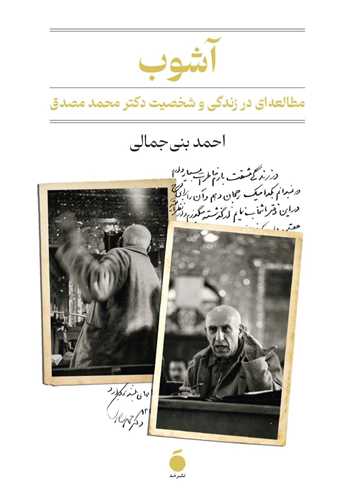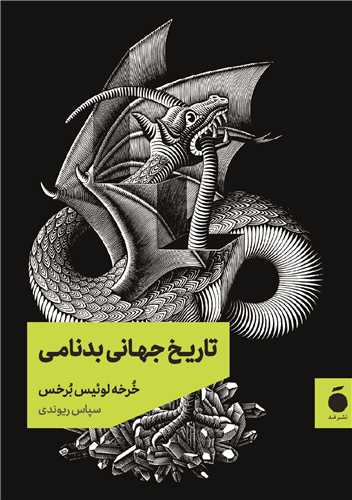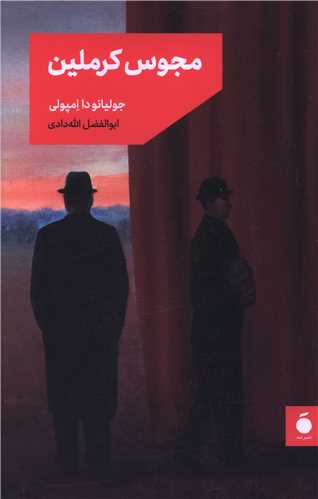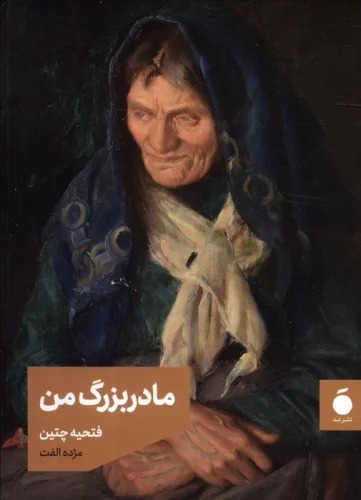Davāzdah Rūz (Dāstān-i Inqilāb-i 1956 Majāristān): Persiska (Farsi) 2023
دوازده روز (داستان انقلاب 1956 مجارستان)
22,47 $
Dela
Wishlist
Originaltitel:
Twelve Days: Revolution 1956. How the Hungarians tried to topple their Soviet masters
ISBN:
9786225385030
Översättare:
Rahim Qasimian
Förlag:
Nashr-i Mad
Åldersgrupp:
Vuxen
Sidor:
456
Vikt:
440 g
Produktmått:
14 x 21 x 4 cm
Bokomslag:
Pocketbok
The defining moment of the Cold 'The beginning of the end of the Soviet empire.' (Richard Nixon)The Hungarian Revolution in 1956 is a story of extraordinary bravery in a fight for freedom, and of ruthless cruelty in suppressing a popular dream. A small nation, its people armed with a few rifles and petrol bombs, had the will and courage to rise up against one of the world's superpowers. The determination of the Hungarians to resist the Russians astonished the West. People of all kinds, throughout the free world, became involved in the cause. For 12 days it looked, miraculously, as though the Soviets might be humbled. Then reality hit back. The Hungarians were brutally crushed. Their capital was devastated, thousands of people were killed and their country was occupied for a further three decades.The uprising was the defining moment of the Cold the USSR showed that it was determined to hold on to its European empire, but it would never do so without resistance. From the Prague Spring to Lech Walesa's Solidarity and the fall of the Berlin Wall, the tighter the grip of the communist bloc, the more irresistible the popular demand for freedom.
more
در پاییز سال ۱۹۵۶، سه سال پساز مرگ استالین و در اوج تلاشهای خروشچف برای استالینزدایی، یکباره در مجارستان هنگامهای به پا شد. پیر و جوان، دانشجو و کارگر، ناگهان به خیابانها ریختند تا کشورشان را از زیر یوغ کمونیسم بیرون آورند. به مدت چند روز، روزهایی آمیخته با شادی و امید، چنین به نظر میرسید که انقلابیون حتی ممکن است به پیروزی هم برسند. اما ناگهان واقعیت چهرهی تلخ خود را به نمایش گذاشت. نیروهای شوروی با قدرتی مقاومتناپذیر به تجاوزی نظامی دست زدند. مقاومت مردم مجارستان با خشونتی درندهخویانه در هم کوفته شد، از پایتخت جز ویرانهای بهجا نماند، هزاران نفر از مردم جان خود را از دست دادند و کشور به مدت سه دهه در اشغال مهاجمان باقی ماند. این کتاب قصهی یک شکست قهرمانانه است، حکایت شجاعتی حیرتانگیز در راه آرمانی نافرجام و داستان خشونتی سنگدلانه.
انقلاب ۱۹۵۶ مجارستان بسیاری از روشنفکران و متفکران اروپایی را درگیر خود کرد و محل مجادلات و بحثهای بسیاری شد. برجستهترین متفکری که نامش با انقلاب مجارستان گره خورده کسی نیست جز جورج لوکاچ. او در دولت کوتاهعمر ایمره ناج وزارت فرهنگ را برعهده داشت. هانا آرنت نیز پس از سرکوب انقلاب جستاری در باب آن نوشت و به پیوند این انقلاب با پدیدهی توتالیتاریسم پرداخت. ژان پل سارتر، که زمانی مدافع سرسخت سیاستهای اتحاد شوروی بود، با سرکوب خونین این انقلاب به منتقد جدی این کشور بدل شد و رسالهی تندوتیزی نوشت با نام «شبح استالین» و بر سیاستهای اتحاد شوروی بهشدت تاخت.
more

